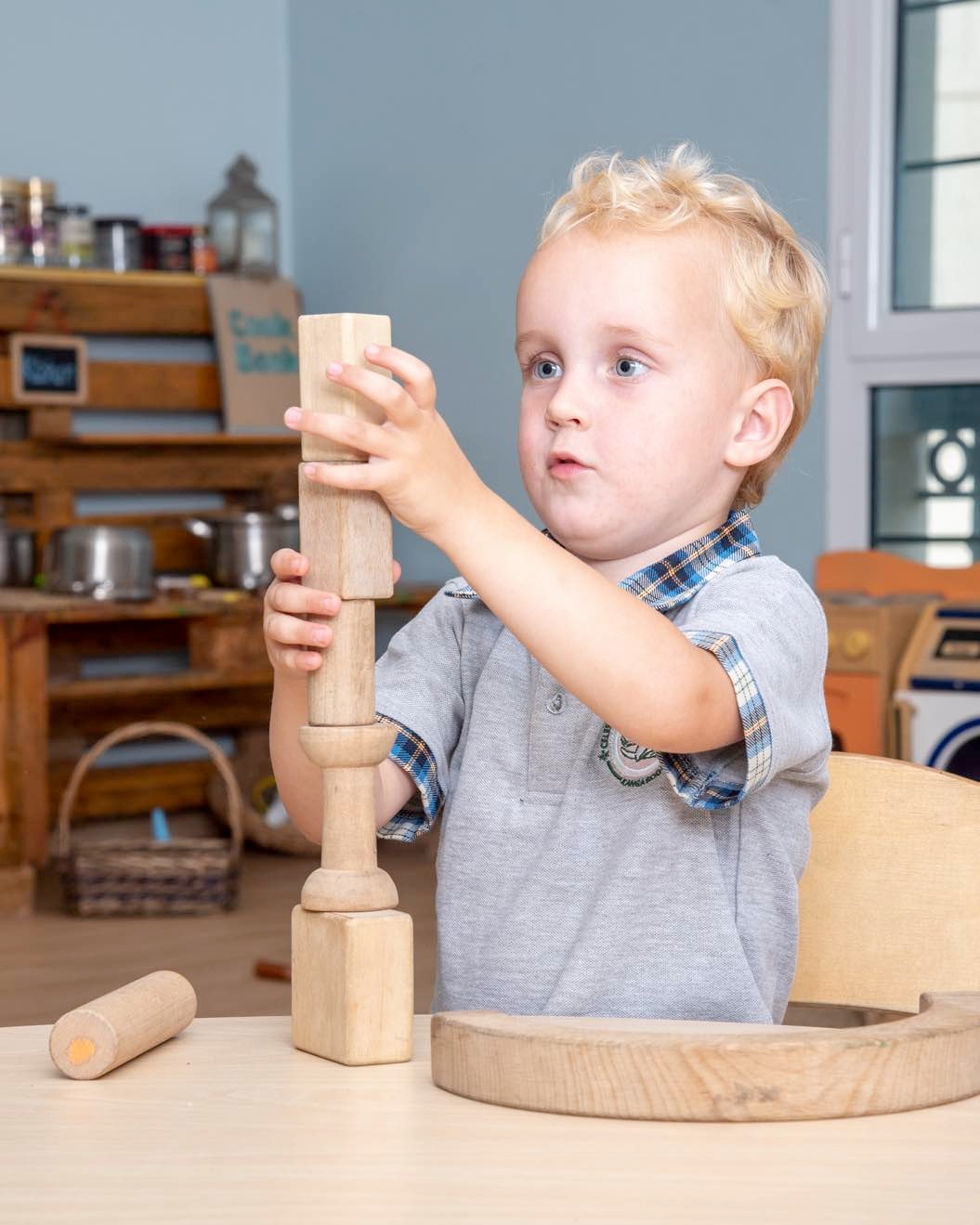The early years foundation stage nursery is a framework for educating and caring for children aged 0-5. It sets out seven principles that underpin high-quality early years education. In this article, we will discuss the seven principles of the EYFS.
Every child is a unique child:
The EYFS recognizes that every child is unique and has their own set of strengths, interests, and needs. Practitioners should consider each child’s background, experiences, and abilities when planning and delivering early years education.
Positive relationships:
Positive relationships are at the heart of the EYFS. Practitioners should aim to build strong and trusting relationships with children and their families, creating a welcoming and supportive environment. Positive relationships help to promote children’s emotional well-being and create a foundation for learning.
Enabling environments:
The EYFS emphasizes enabling environments supporting children’s learning and development. This includes both indoor and outdoor spaces that are safe, stimulating, and inclusive. The environment should offer a range of resources that support children’s curiosity, exploration, and discovery.
Learning and development:
The EYFS recognizes that children learn and develop differently and at their own pace. Practitioners should provide opportunities for children to learn through play and exploration, promoting a sense of curiosity and wonder. Children should be encouraged to take risks, make mistakes, and develop resilience.
Play-based learning:
The EYFS acknowledges the importance of play-based learning in the early years. Play-based learning is child-led, allowing children to follow their interests and curiosities. Children develop their imagination, creativity, and problem-solving skills through play, laying the foundation for future learning.
Learning through observation and assessment:
Observation and assessment are essential components of the EYFS. Practitioners should use observation to deeply understand each child’s strengths, interests, and needs. Assessment should be ongoing, providing information that can be used to plan future learning and to celebrate children’s achievements.
Partnership working:
The EYFS recognizes the importance of partnership between parents, practitioners, and other professionals in a child’s care and education. Practitioners should communicate regularly with parents, involving them in their child’s learning and development. They should also work closely with other professionals to support children’s needs.
The principles of the EYFS provide a framework for high-quality early years education. They emphasize the importance of recognizing each child’s uniqueness, building positive relationships, providing enabling environments, promoting play-based learning, using observation and assessment to inform future learning, and working with parents and other professionals.
